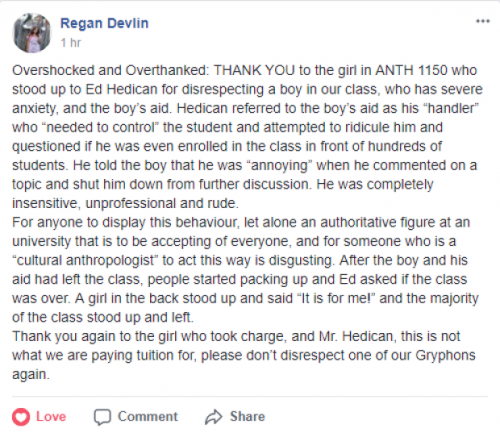Minnesota is on a list of the 10 most educated states in the country. So is my home state of Washington.
10. New Jersey
9. Washington
8. Minnesota
7. New Hampshire
6. Virginia
5. Colorado
4. Vermont
3. Connecticut
2. Maryland
1. Massachusetts
I had to look up a few other states I’ve lived in. Utah ranks surprisingly high, at #11 — we’re going to have to credit Salt Lake City for bringing up their score, which is a really nice city to live in, despite the weird religion, and is home to a great university that the state actually takes considerable pride in. Pennsylvania is surprisingly low, at #30. It’s surprising because Philadelphia is in the heart of a region rich in universities, with a long academic tradition. I guess the benighted middle of the state is dragging their average down.
There is some bad news for Minnesota lurking in the details: we have one of the worst gaps in educational attainment by race. I suspect that’s a consequence of welcoming many immigrants — Hmong, Somali, and Central American — and then failing to do right by them.





